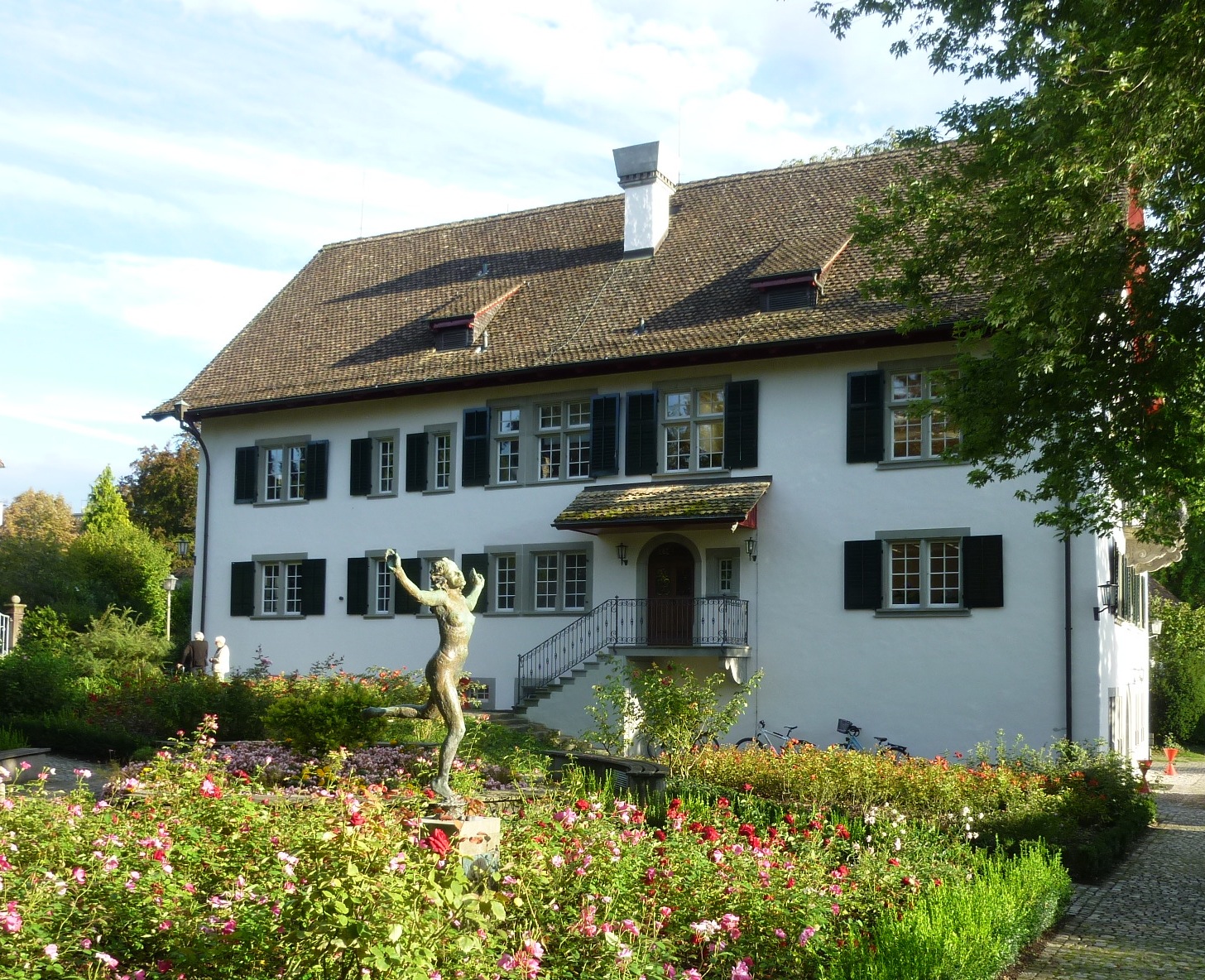C. G. Jung Institute, Zürich on:
[Wikipedia]
[Google]
[Amazon]
 The C. G. Jung Institute, Zürich (
The C. G. Jung Institute, Zürich (
Institute website
(in English and German) Carl Jung
German
German(s) may refer to:
* Germany (of or related to)
**Germania (historical use)
* Germans, citizens of Germany, people of German ancestry, or native speakers of the German language
** For citizens of Germany, see also German nationality law
**Ge ...
: C. G. Jung-Institut Zürich) was founded in Küsnacht
Küsnacht is a municipality in the district of Meilen in the canton of Zurich in Switzerland.
History
Küsnacht is first mentioned in 1188 as ''de Cussenacho''.
Earliest findings of settlement date back to the stone age. There are also finding ...
, Switzerland
). Swiss law does not designate a ''capital'' as such, but the federal parliament and government are installed in Bern, while other federal institutions, such as the federal courts, are in other cities (Bellinzona, Lausanne, Luzern, Neuchâtel ...
, in 1948 by the psychiatrist Carl Gustav Jung
Carl Gustav Jung ( ; ; 26 July 1875 – 6 June 1961) was a Swiss psychiatrist and psychoanalyst who founded analytical psychology. Jung's work has been influential in the fields of psychiatry, anthropology, archaeology, literature, philo ...
, the founder of Analytical psychology
Analytical psychology ( de , Analytische Psychologie, sometimes translated as analytic psychology and referred to as Jungian analysis) is a term coined by Carl Jung, a Swiss psychiatrist, to describe research into his new "empirical science" ...
(more commonly called Jungian psychology). Marie-Louise von Franz and Jolande Jacobi
Jolande Jacobi (25 March 1890 – 1 April 1973) was a Swiss psychologist, best remembered for her work with Carl Jung, and for her writings on Jungian psychology.
Life and career
Born in Budapest, Hungary (then under Austria-Hungary) as Jolan ...
were also active in the foundation and early work of the institute.
The institute was founded in 1948 to provide training and conduct research in Analytical psychology and psychotherapy
Psychotherapy (also psychological therapy, talk therapy, or talking therapy) is the use of psychological methods, particularly when based on regular personal interaction, to help a person change behavior, increase happiness, and overcome pro ...
. Jung led the institute until 1961, the year of his death. The library of the institute holds around 15,000 books and periodicals related to Jungian psychology
Analytical psychology ( de , Analytische Psychologie, sometimes translated as analytic psychology and referred to as Jungian analysis) is a term coined by Carl Jung, a Swiss psychiatrist, to describe research into his new "empirical science" ...
.
Several other organizations named the C.G. Jung Institute exist around the world, e.g. in Los Angeles
Los Angeles ( ; es, Los Ángeles, link=no , ), often referred to by its initials L.A., is the largest city in the state of California and the second most populous city in the United States after New York City, as well as one of the world ...
.
See also
*Psychology Club Zürich
The Psychology Club Zürich (German: Psychologischer Club Zürich) is an association founded in Küsnacht, Switzerland, in 1916 by Swiss psychiatrist and psychologist Carl Jung, with former patients and students, to promote and develop analytical p ...
References
External links
Institute website
(in English and German) Carl Jung
Institute
An institute is an organisational body created for a certain purpose. They are often research organisations ( research institutes) created to do research on specific topics, or can also be a professional body.
In some countries, institutes ca ...
Küsnacht
Research institutes established in 1948
Psychology institutes
Psychology organisations based in Switzerland
{{psychology-stub